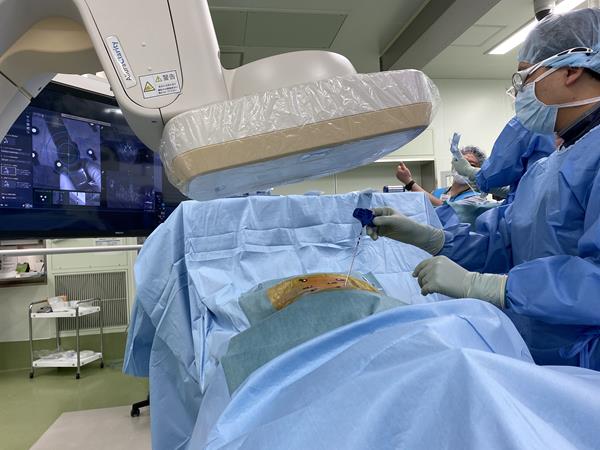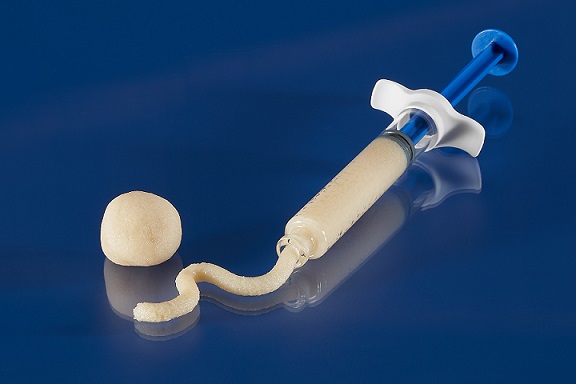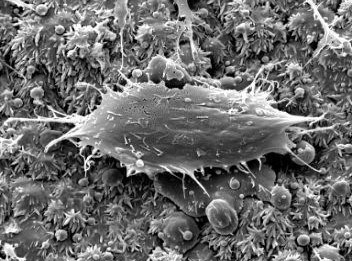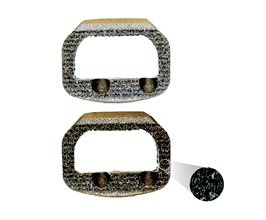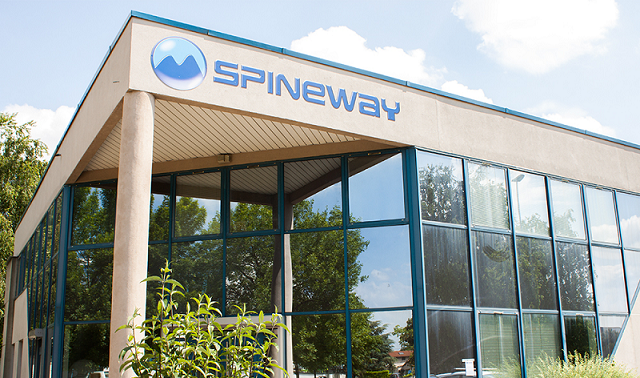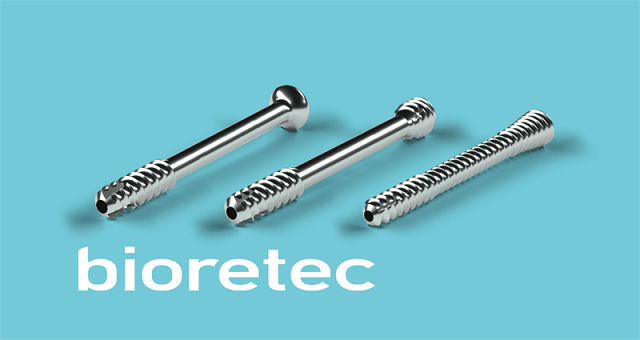October 13, 2022
- International University of Health and Welfare, Mita Hospital, Tokyo, employs Philips’ augmented reality (AR) surgical navigation solution to treat first patients in Japan, helping to bring the patient benefits of minimally-invasive spine surgery to Japan’s aging population
- New data published in European Spine Journal on the clinical use of ClarifEye showed a 98% accuracy of pedicle screw placement during minimally invasive procedures, comparable to values reported in literature for other navigation and robotic systems
Amsterdam, the Netherlands – Royal Philips (NYSE: PHG, AEX: PHIA), a global leader in health technology, today announced expanded rollout of its augmented reality (AR) surgical navigation solution – ClarifEye – to Japan, highlighting positive results in the first patients treated by the International University of Health and Welfare, Mita Hospital (Tokyo, Japan) using this innovative 3D AR solution. Installed on a Philips interventional X-ray system in a hybrid operating room at Mita Hospital, ClarifEye helped the hospital’s orthopedic surgeon Dr. Ken Ishii to successfully treat patients with spinal stenosis (narrowing of the spaces in the spine) and scoliosis (sideways curvature of the spine) via minimally-invasive image-guided procedures.
Due to its aging population, the number of spine surgeries performed each year in Japan continues to increase. Lumbar spinal canal stenosis, the most common spinal disease, is currently found in approximately 10.8% of the country’s 70-79 year olds [1]. In patients with severe symptoms, surgical procedures are typically performed, including excision of the compressed area and fixation of the bone with screws or other fixtures. Traditionally, these fixation devices have been placed through a large incision with direct observation of the affected vertebra. However, they are now increasingly being placed via minimally-invasive procedures performed through small incisions, minimizing bleeding and soft tissue damage, reducing postoperative pain, and making treatment available to patients at risk from the trauma of open surgery. Philips’ augmented reality surgical navigation solution – ClarifEye – combines 2D and 3D visualizations at low X-ray dose with 3D AR navigation into one system. It enables surgeons to define and navigate critical trajectories for precise device placement while avoiding damage to fragile neurological and vascular structures close to the patient’s spine.
“The benefit of performing spine surgery in the Hybrid OR includes the ability to acquire 3D CT images at low dose, having a lot of space, and being able to use the large monitor,” said Dr. Ken Ishii, Department of Orthopedic Surgery, International University of Health and Welfare, Mita Hospital. “The addition of a new navigation system helps to create an even safer surgical environment. Compared to existing navigation systems, ClarifEye has no reference frame-related errors, and it’s wonderful that it achieves real time imaging with pedicle segmentation. ClarifEye is a new technology that truly offers minimally invasive surgery for patients and clinical staff.”
“Mita Hospital’s positive experience of using ClarifEye to deliver the benefits of minimally-invasive therapy to its spine patients mirrors that of hospitals in Europe and the Middle East who also recently adopted the system,” said Karim Boussebaa, General Manager Image Guided Therapy Systems at Philips. “ClarifEye adds a new dimension in surgical precision for patients. It is a great example of how we are innovating procedures and helping clinicians to deliver on the Quadruple Aim of better health outcomes, improved patient and staff experiences, and lower cost of care.”
ClarifEye’s live-video computer vision and AR technology uses non-invasive position markers applied to the patient’s skin to track patient positioning and overlays the resultant live video onto a 3D cone-beam CT of the patient’s spinal column. It enables surgeons to visualize the outside and inside of the patient in the same image, together with the planned and real-time trajectory of a Philips ClarifEye needle, without the need for live X-ray imaging. The system eliminates the cumbersome reference frames used by other systems, giving surgeons unimpeded access to the patient.
New data in European Spine Journal
Intra-operative image guidance has been shown to increase clinical accuracy and improve outcomes, with patients subject to fewer revision surgeries compared to the previous standard of care [2,3]. Data published in Scientific Reports demonstrated that in open deformity cases, ClarifEye had a better accuracy than similar surgeries performed by the same surgeon with no help from intra-operative navigation (94% vs 89.6%) [4]. In addition, data published in European Spine Journal on the clinical use of ClarifEye for minimal invasive procedures showed a 98% accuracy of pedicle screw placement, which is comparable to values reported in literature for other navigation and robotic systems [5].
Physicians sharing experiences during expert session at EUROSPINE
On 20 October at 12.15-13.15 CET Philips is organizing an expert session (also available online) during the EUROSPINE lunch symposia program. Dr. Peiró, Pediatric spine surgeon at Barcelona Children’s Hospital Sant Joan de Déu and Dr. Scarone, neurosurgeon at Ente Ospedaliero Cantonale (EOC) Lugano [6], Switzerland will both share their experience with the hybrid OR and using Philips’ innovative navigation technology for minimally invasive procedures. The session will be moderated by Prof. Dr. Y.P. Charles, MD, PhD Hôpitaux Universitaires de Strasbourg, France. You can sign up here.
[1] Shoji Y et al, Prevalence of lumbar spinal stenosis, using the diagnostic support tool, and correlated factors in Japan: a population-based study, Journal of Orthopaedic Science, Volume 18, Issue 6, 2013, Pages 893-900, ISSN 0949-2658.
[2] Dea N et al, Economic evaluation comparing intraoperative cone beam C T based navigation and conventional fluoroscopy for the placement of spinal pedicle screws: a patient level data cost effectiveness analysis. The Spine Journal (2016) 16: 23 31.
[3] Fichtner J et al, Revision Rate of Misplaced Pedicle Screws of the Thoracolumbar Spine – Comparison of Three-Dimensional Fluoroscopy Navigation with Freehand Placement: A Systematic Analysis and Review of the Literature. World Neurosurg. (2018) 109: e24 e32.
[4] Elmi-Terander A at el, Augmented reality navigation with intraoperative 3D imaging vs fluoroscopy-assisted free-hand surgery for spine fixation surgery, a matched-control study, Nature Sci. rep. 2020 Jan 20;10(1):707.
[5] Scarone P at el, Percutaneous thoraco‑lumbar‑sacral pedicle screw placement.
accuracy results from a multi‑center, prospective clinical study using a skin marker‑based optical navigation system, European Spine Journal, Sept 2022.
[6] Clinica Santa Chiara, Locarno.
For further information, please contact:
Joost Maltha
Philips Global Press Office
Tel: +31 6 10 55 8116
Email: joost.maltha@philips.com
Fabienne van der Feer
Philips Image Guided Therapy
Tel: + 31 622 698 001
E-mail: fabienne.van.der.feer@philips.com
About Royal Philips
Royal Philips (NYSE: PHG, AEX: PHIA) is a leading health technology company focused on improving people’s health and well-being, and enabling better outcomes across the health continuum – from healthy living and prevention, to diagnosis, treatment and home care. Philips leverages advanced technology and deep clinical and consumer insights to deliver integrated solutions. Headquartered in the Netherlands, the company is a leader in diagnostic imaging, image-guided therapy, patient monitoring and health informatics, as well as in consumer health and home care. Philips generated 2020 sales of EUR 17.3 billion and employs approximately 78,000 employees with sales and services in more than 100 countries. News about Philips can be found at www.philips.com/newscenter.


